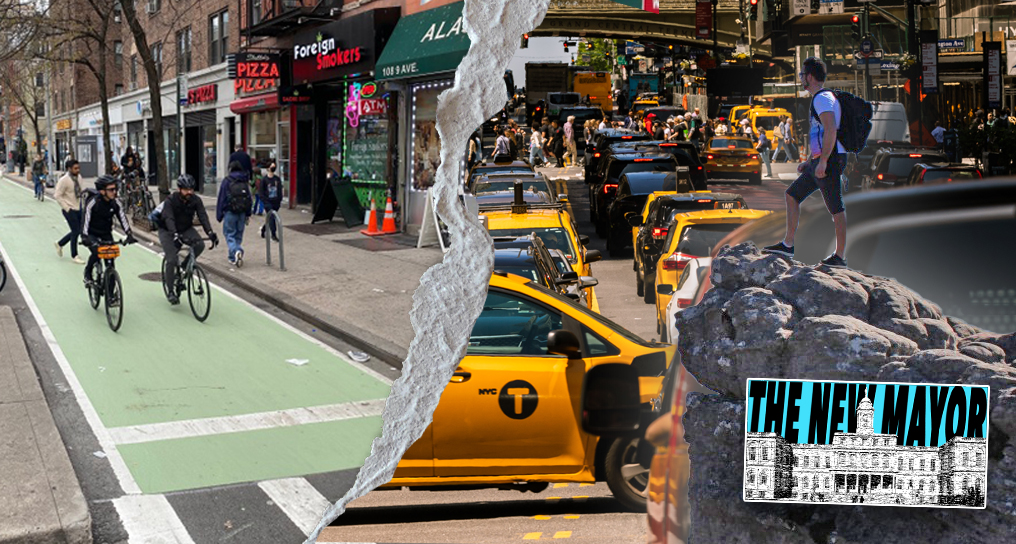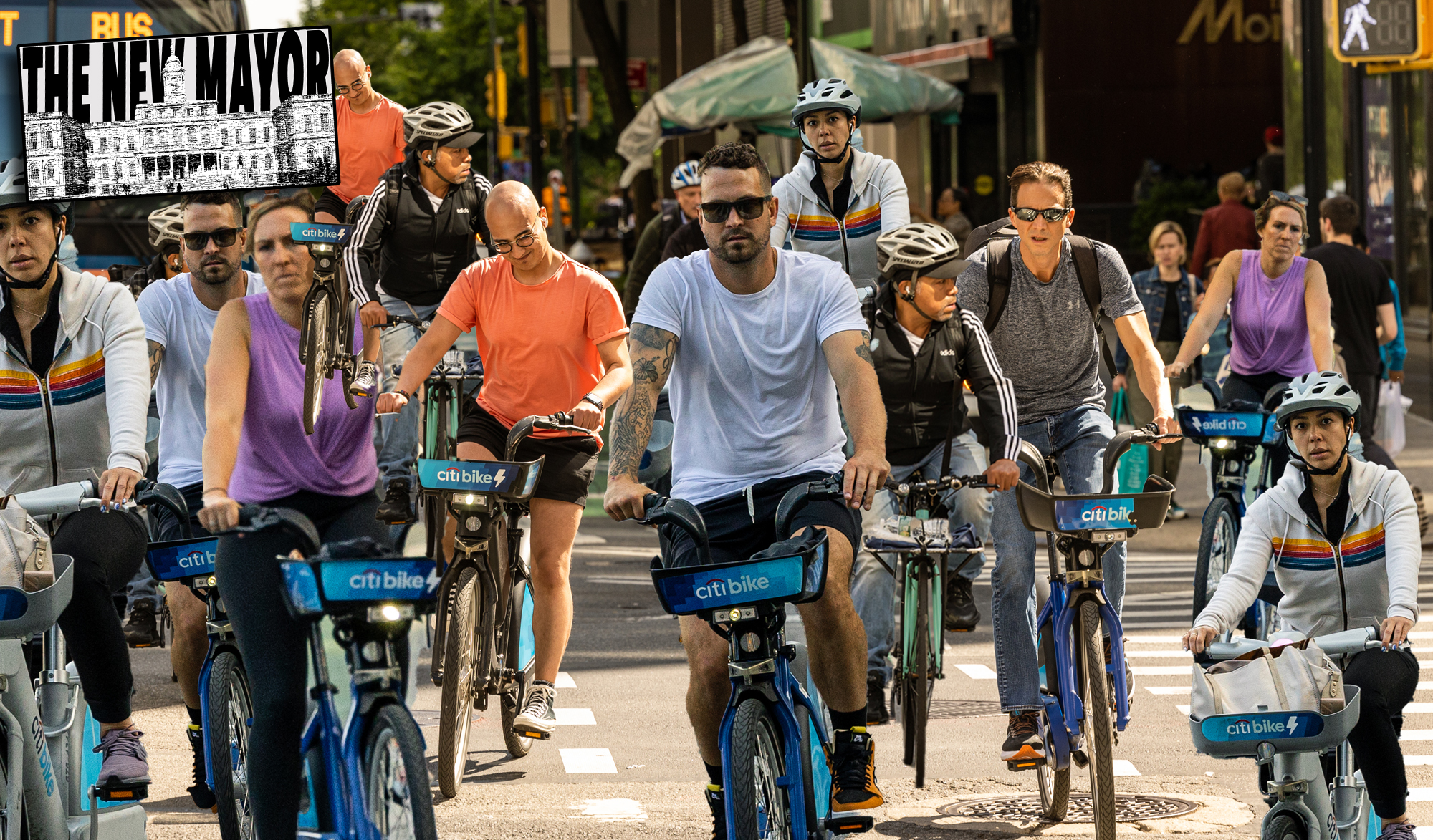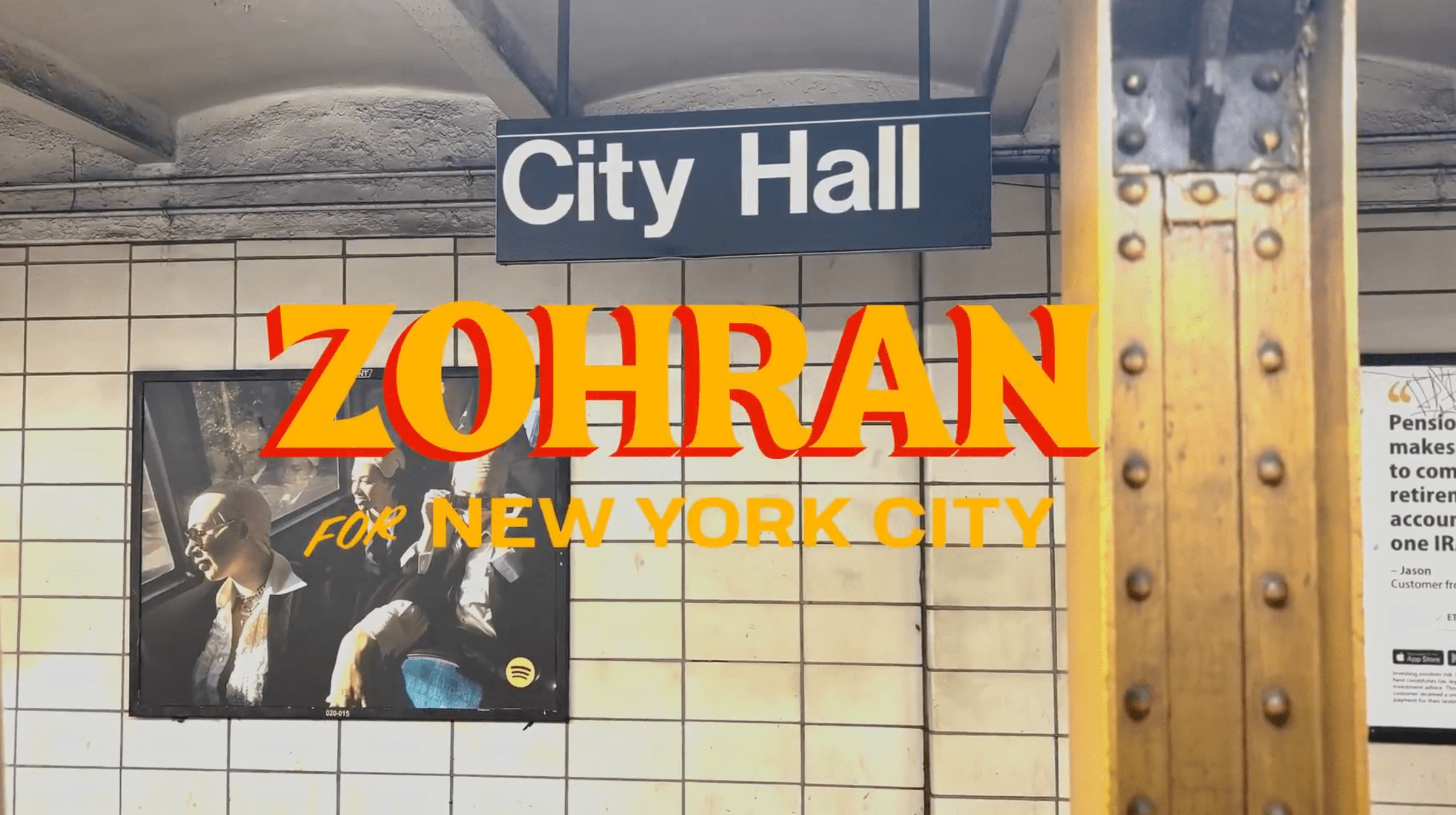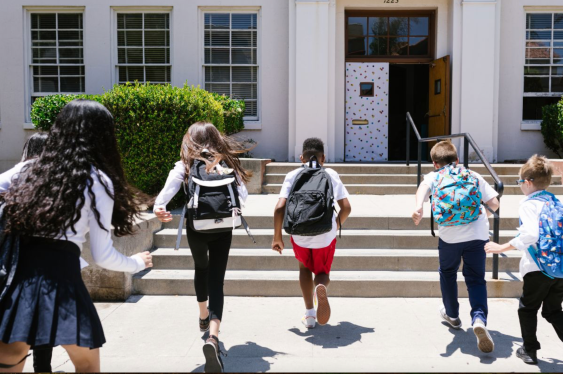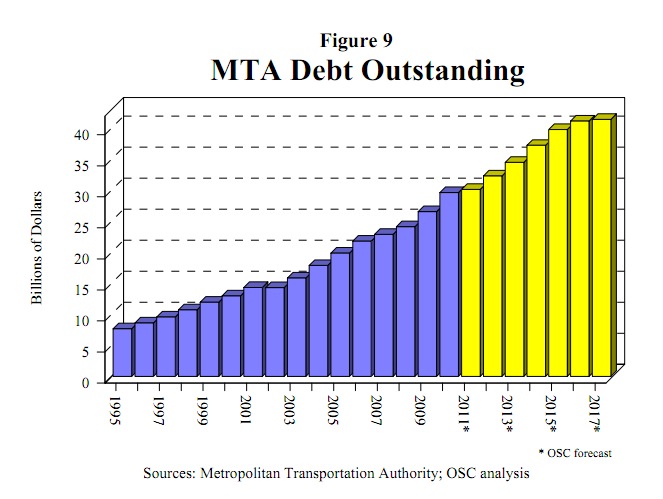
The MTA doesn't face an immediate crisis thanks to the budget deal struck by Albany's leadership yesterday. But with the deal continuing to rely on debt to pay for the next three years of repairs and expansions, it doesn't put the region's transit system on firm financial footing either.
Earlier this month, Senate Republicans issued a major threat to the MTA. Their one-house budget proposal would have cut the $770 million in capital funding budgeted by the Cuomo administration, and would have clamped down on the agency's bonding cap, preventing it from borrowing more money.
The proposal was widely seen as setting up a bargaining position, most likely to help upstate legislators win still more state support for their roads and highways, but had it passed, it would have devastated the transit system. With neither the state support to pay for construction now nor state permission to pay for it later, everything from routine track repairs and new train cars to mega-projects like East Side Access and the Second Avenue Subway would have been in jeopardy.
As of yesterday, the small possibility of that devastating outcome has been eliminated. The rest of the MTA's current capital program, $13 billion of spending over the next three years, will move forward. "This gives the go ahead to vital projects that mean reliable service, such as bus and subway car purchases, subway station fix-ups and track and signal overhauls," said the Straphangers Campaign's Gene Russianoff, who applauded the arrangement.
That doesn't mean, however, that MTA finances look any better than they did in January. Yesterday's agreement simply preserves the status quo for the capital plan. The bonding cap increase will allow the MTA to borrow up to $41.9 billion dollars even as debt service makes up the fastest-growing piece of the MTA budget. The debt increase would be the second for a single five-year capital program, which is unprecedented in recent years.
Those ebullient statements that paint the deal as setting up a rosy future for transit are far out of line. "This represents the greatest commitment to the MTA from a governor in recent memory," said a completely unidentified source in the Daily News. But the commitment extends only to spending, not revenue. If the two aren't brought into line, the MTA will be forced to raise fares even beyond its planned biennial hikes.
Said Russianoff, "The challenging news is that the MTA will have to receive new revenues in years to come to meet the ongoing needs of its riders, as MTA Chairman Joseph Lhota has said."
Transportation Alternatives Executive Director Paul Steely White blasted the deal for not providing those revenues now, and for sticking future transit users with the bill. "Today’s plan doubles down on the state’s dangerous commitment to funding transit through debt," he said. "Governor Cuomo and the state legislature must invest in transit through secure and sustainable sources of revenue."
Monday's deal means that Albany won't torpedo the MTA. Completing the capital plan is necessary for the basic health of the region's transit service; even paying for it on the straphangers' credit card is preferable to letting the system collapse. But that unattractive choice should underscore the need for sustainable and sufficient MTA funding options. There's no way to get out of paying for your transit system.

